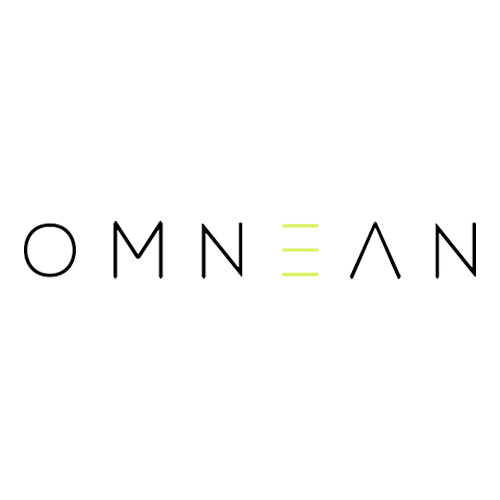February 7, 2017
Associated Press
Clarice Silber
PHOENIX (AP) — Arizona disability providers want nearly three times more funding than the state is proposing to cover the cost of a voter-approved minimum wage hike, even as a non-partisan think tank review said Tuesday the providers' estimates are wildly overstated.
The governor's office allocated the providers about $29 million in extra funding for the remainder of 2017 and the 2018 budget year. Yet the Arizona Association of Providers for People with Disabilities is estimating its network needs $73.8 million to continue operating through fiscal year 2018.
The Grand Canyon Institute disputed the association's evaluation in its report stating providers would actually only need about $21 million in fiscal year 2018 to stay afloat.
The association indicated a need for an additional $58 million in the 2018 budget year in its own assessment.
Advocates for the disability community say without appropriate funding, many providers will be forced to cut services or shut down completely.
The ballot initiative requires care providers to boost hundreds of workers' hourly wages. The increased payments from Arizona's Medicaid program are meant to cover the higher costs associated with providing long-term care for the elderly and disabled, as well as services for the developmentally disabled.
Wendy Shaw, CEO and president of AIRES, a for-profit care provider, said dealing with the minimum wage increase has made matters worse for the already struggling care provider industry. She said the industry previously saw the Legislature cut funding for disability services by 15 percent during the recession.
Shaw said emergency funding allocated to AIRES has helped but was inadequate.
"It's been a really tough decade," Shaw said. "This is a very labor intensive business_we spared our direct care staff as much as we could."
AIRES staff once had starting salaries of $9.25, but Shaw says she can now only afford to pay new employees $8.50 an hour.
Heidi Capriotti, a public information officer at the state's Medicaid program, said AHCCCS has asked providers to send them any information they have relayed to the Legislature regarding the impact their costs are having on members' access to care.
The push comes after Arizonans approved Proposition 206, a ballot measure that will raise the minimum wage to $10 this year and to $12 an hour by 2020. It came amid the vote for Proposition 204 in Flagstaff, where voters decided to raise the minimum wage to $12 an hour this year and to $15 an hour by 2021.
The Arizona Supreme Court will hear a legal challenge to Proposition 206 on Thursday. A lawsuit filed by the Arizona chamber of Commerce and Industry and other business groups alleges the measure failed to provide a required funding mechanism for increased state costs.
Backers of the measure note that the state is exempt from having to pay minimum wages and that any additional costs for contracted service providers are discretionary expenditures.
A trial court judge agreed and sided with the group backing the measure and Attorney General Mark Brnovich, whose office defended it.
Copyright 2017 The Associated Press. All rights reserved. This material may not be published, broadcast, rewritten or redistributed.














